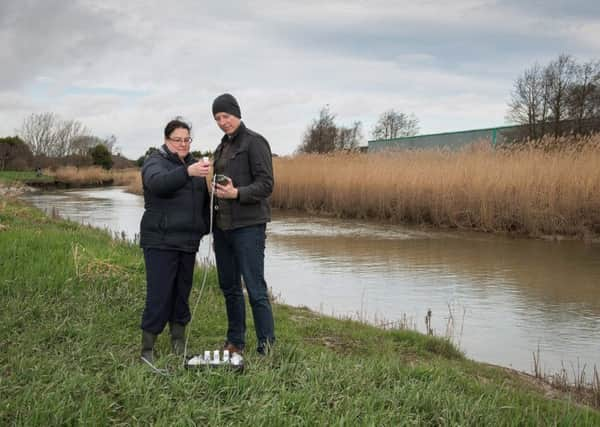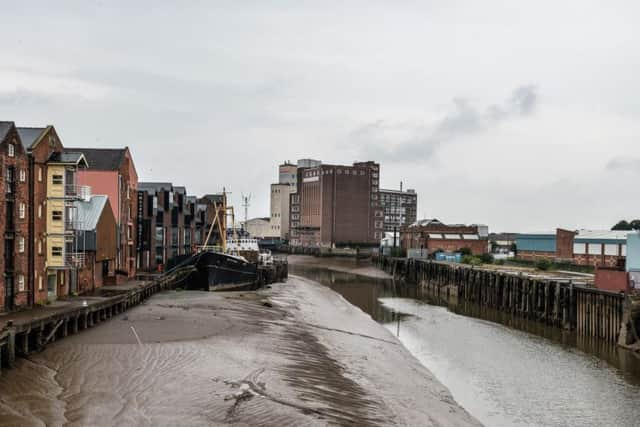The toothpaste, soap and slug pellets putting waterways under threat


Triclosan, an antimicrobial found in soaps, shampoos and toothpastes, has been linked to reproductive damage, and is among chemicals found in household products which end up in rivers throughout Europe.
Known as “watch list chemicals,” triclosan, as well as oestrogen in the contraceptive pill, has the potential to disrupt hormone balances in wildlife, resulting in organisms with both female and male characteristics.
Advertisement
Hide AdAdvertisement
Hide AdThe water industry has also highlighted toxic metaldehyde – a chemical used in slug pellets by gardeners and farmers - which waste water treatment plants currently struggle to cope with.


The three-year project led by the University of Hull, and which is backed by the Canal and River Trust and the major water companies, including Yorkshire Water, will see samples of sediments taken from waterways in Yorkshire, including the river Hull, as well as the rivers Elbe in Germany and the Scheldt in Belgium and Netherlands.
One of the aims is to try and reduce levels of chemicals arriving at waste water treatment plants in the localities, partly by raising awareness and encouraging consumers to change the way they shop.
It will also look at new technologies - which will be trialled in Yorkshire - to remove chemicals from water at the plants, including using modified tree pollens which absorb the chemicals.
Advertisement
Hide AdAdvertisement
Hide AdLead researcher Prof Jeanette Rotchell said the study’s findings could help lead to around a dozen chemicals on the “watch list” joining the “priority” list in future, along with heavy metals like mercury and arsenic.


She said: “As an ecotoxicologist, I’d like to stop the cycle of using chemicals that end up in the environment. The best way of doing this is to work with the public and help better inform them, so they reconsider products they are using.”
The results will be used to inform regulators like the Environment Agency and their European equivalents - and could make dredging a lot cheaper. At the moment sediment removed from rivers is extremely expensive to dispose of as it is automatically considered to be toxic.
The project, called Sullied Sediments, has been funded by the European Regional Development Fund through the Interreg VB North Sea Region Programme.
Advertisement
Hide AdAdvertisement
Hide AdProf Rotchell said with Brexit it was a pleasant surprise to have been awarded the funding: “It is a fantastic example of how across Europe we need to work with each other to solve a common problem. It’s not just something you can do in one catchment - it is applicable across the whole of Europe. It will be very useful for regulatory authorities to know what’s out there in the environment.”